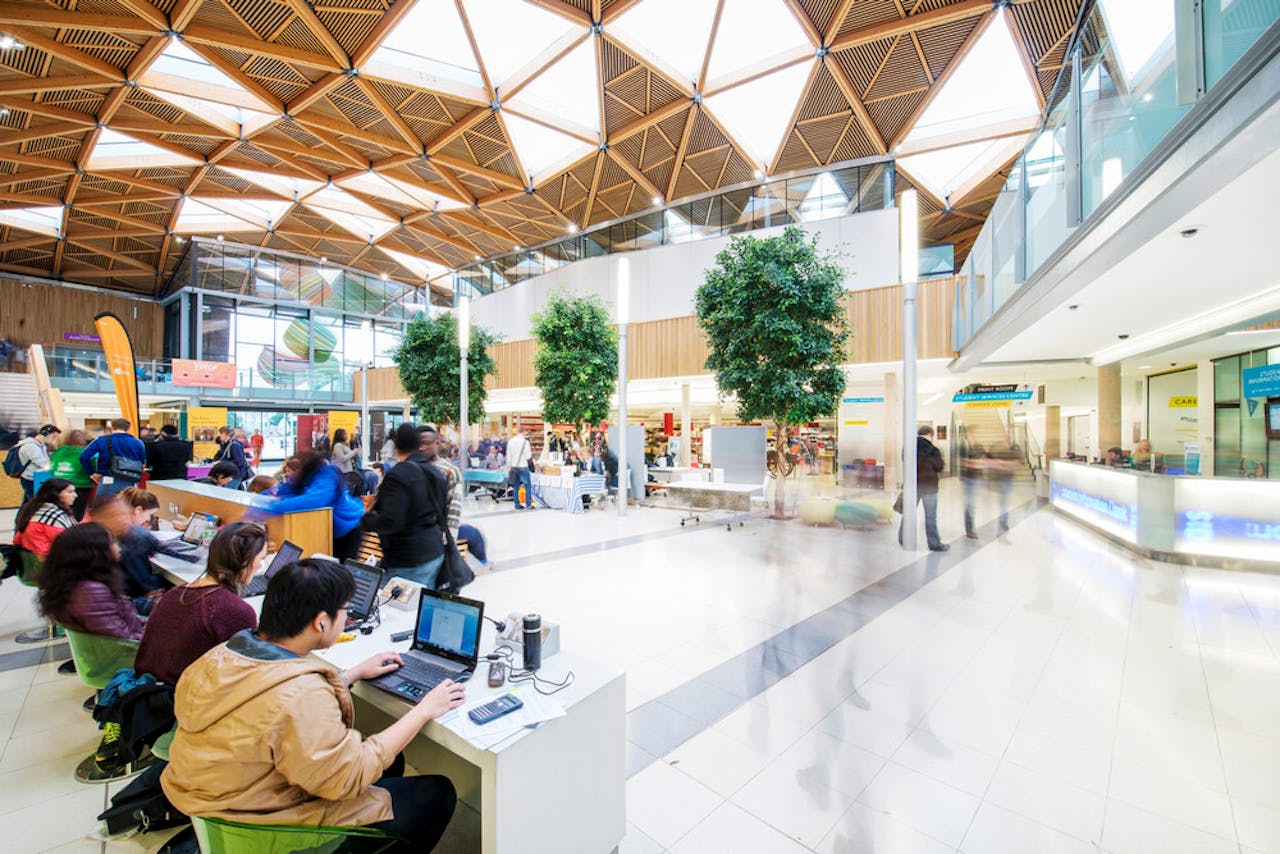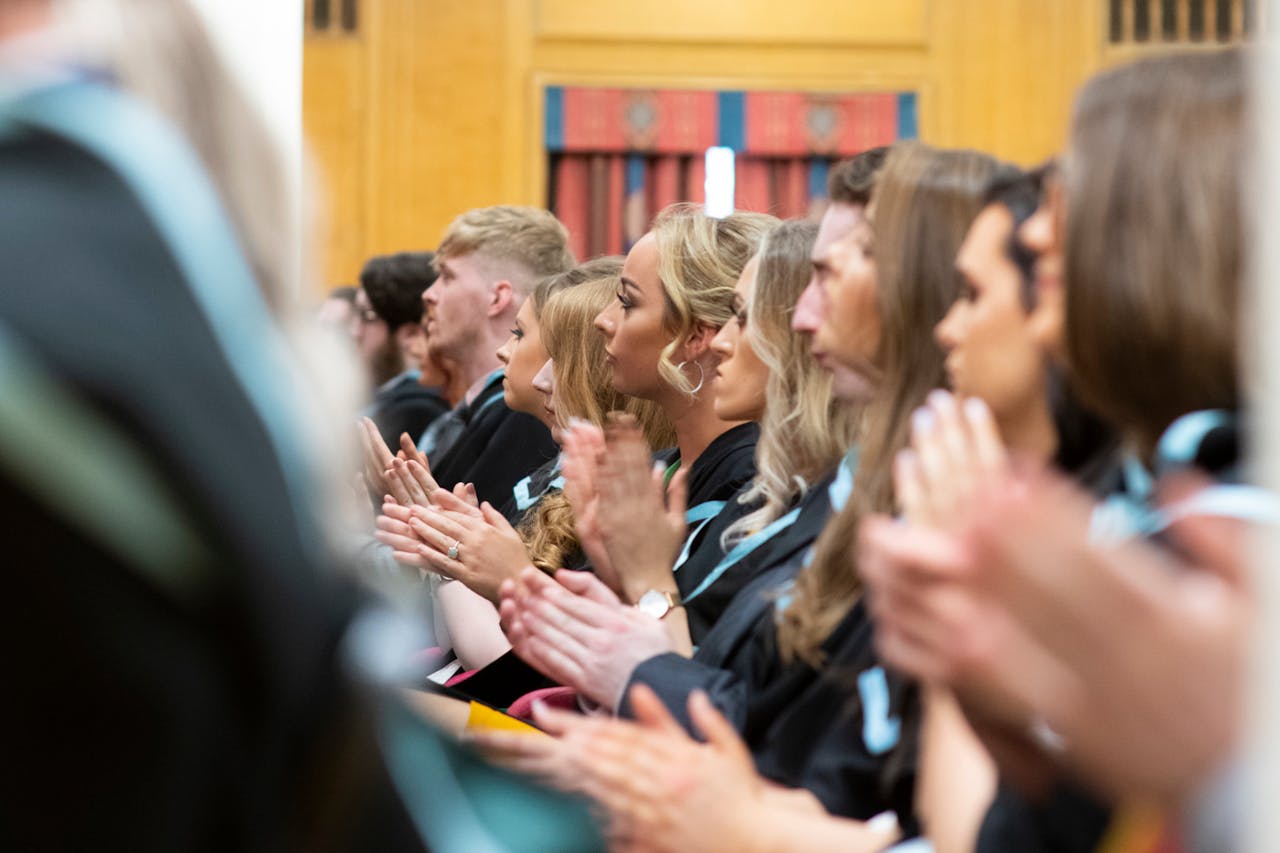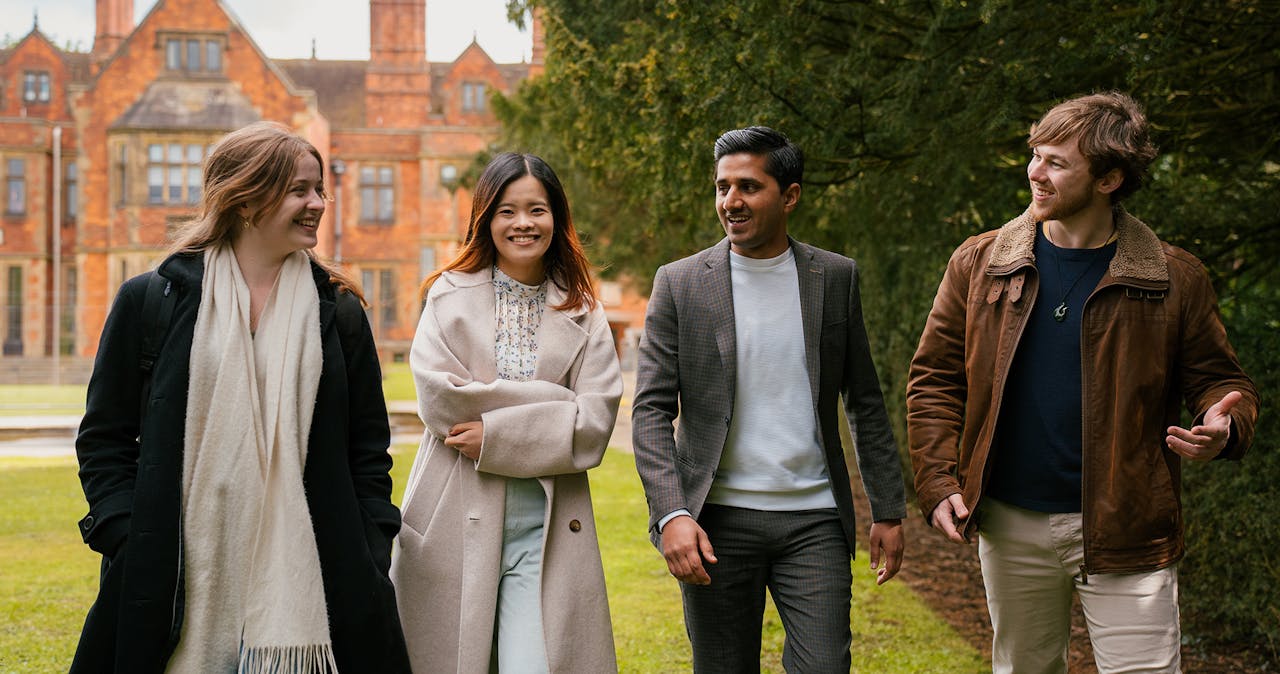Choosing which path to pursue after sixth form or college can be a stressful time for students. As the cliché goes, “the world is your oyster” however sometimes the breadth of options available to students can feel a little overwhelming. Some students may have clear ideas of what subject they want to study and where they would like to study it. Other students sat in your classroom may, when faced with the dreaded “what are your plans for after college” question, feel lost and undecided on a definite plan. HE and UCAS fairs can be a great way for students to start their research and talk to university representatives from Higher Educations Institutions across the country. Open days are also invaluable for allowing students the opportunity to envisage themselves studying at that particular university. There are many ways you, as key influencers, can support your students to make the most of these events.




